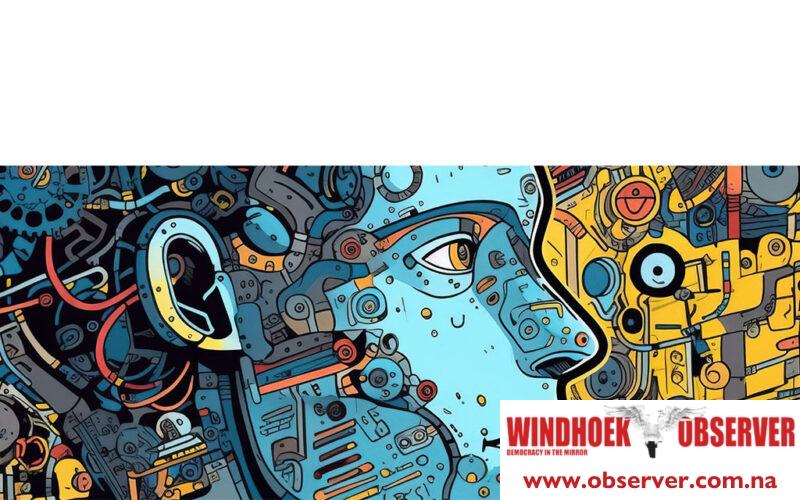Kristalina Georgieva
We are on the brink of a technological revolution that could jumpstart productivity, boost global growth and raise incomes around the world. Yet it could also replace jobs and deepen inequality.
The rapid advance of artificial intelligence has captivated the world, causing both excitement and alarm, and raising important questions about its potential impact on the global economy. The net effect is difficult to foresee, as AI will ripple through economies in complex ways. What we can say with some confidence is that we will need to come up with a set of policies to safely leverage the vast potential of AI for the benefit of humanity.
In a new analysis, IMF staff examine the potential impact of AI on the global labor market. Many studies have predicted the likelihood that jobs will be replaced by AI. Yet we know that in many cases AI is likely to complement human work. The IMF analysis captures both these forces.
The findings are striking: almost 40% of global employment is exposed to AI. Historically, automation and information technology have tended to affect routine tasks, but one of the things that sets AI apart is its ability to impact high-skilled jobs. As a result, advanced economies face greater risks from AI—but also more opportunities to leverage its benefits, compared with emerging market and developing economies.
In advanced economies, about 60% of jobs may be impacted by AI. Roughly half the exposed jobs may benefit from AI integration, enhancing productivity. For the other half, AI applications may execute key tasks currently performed by humans, which could lower labor demand, leading to lower wages and reduced hiring. In the most extreme cases, some of these jobs may disappear.
In emerging markets and low-income countries, by contrast, AI exposure is expected to be 40% and 26%, respectively. These findings suggest emerging market and developing economies face fewer immediate disruptions from AI. At the same time, many of these countries don’t have the infrastructure or skilled workforces to harness the benefits of AI, raising the risk that over time the technology could worsen inequality among nations.
To help countries craft the right policies, the IMF has developed an AI Preparedness Index that measures readiness in areas such as digital infrastructure, human-capital and labor-market policies, innovation and economic integration, and regulation and ethics. -IMF




